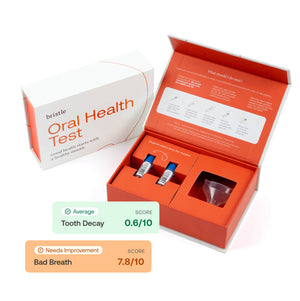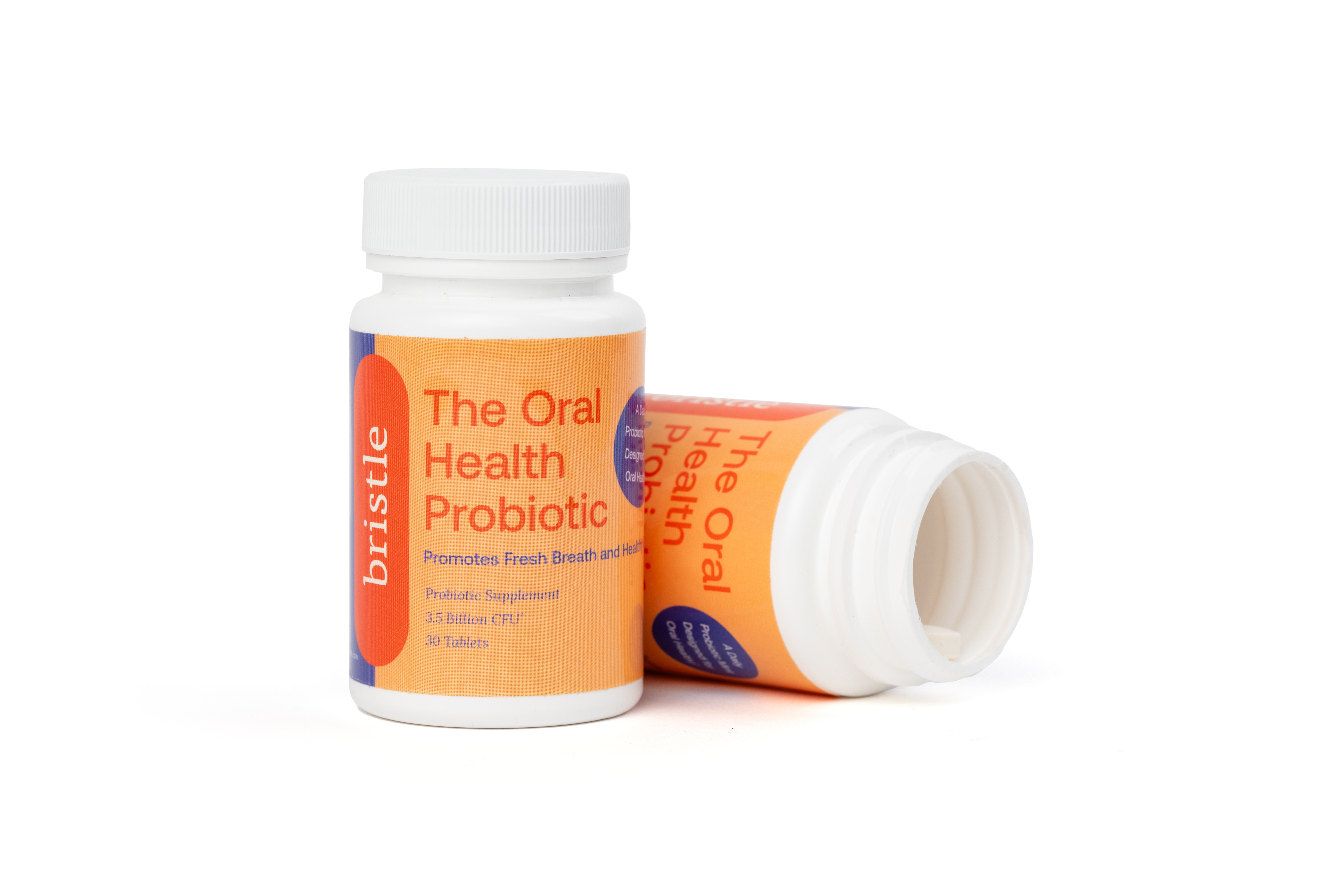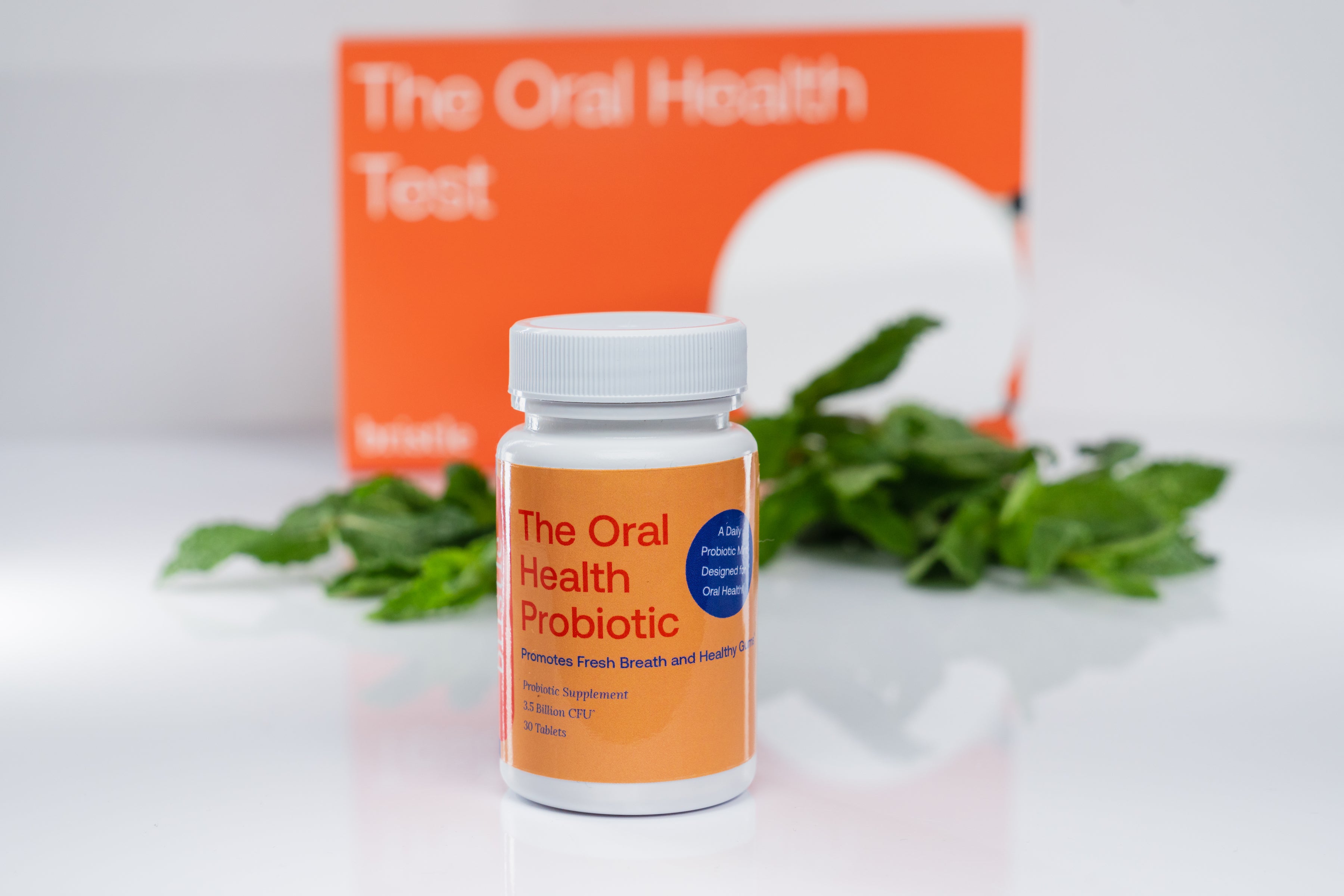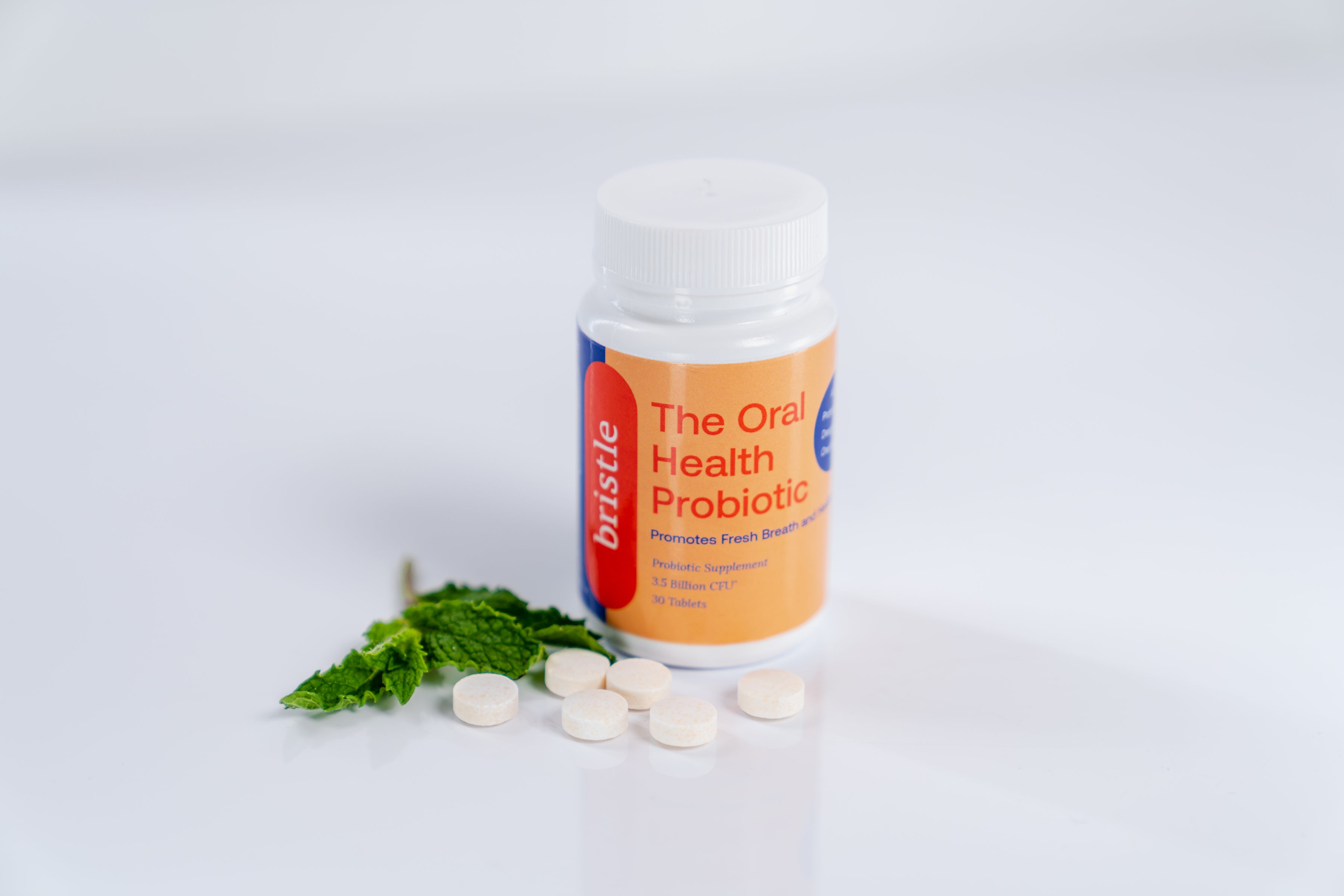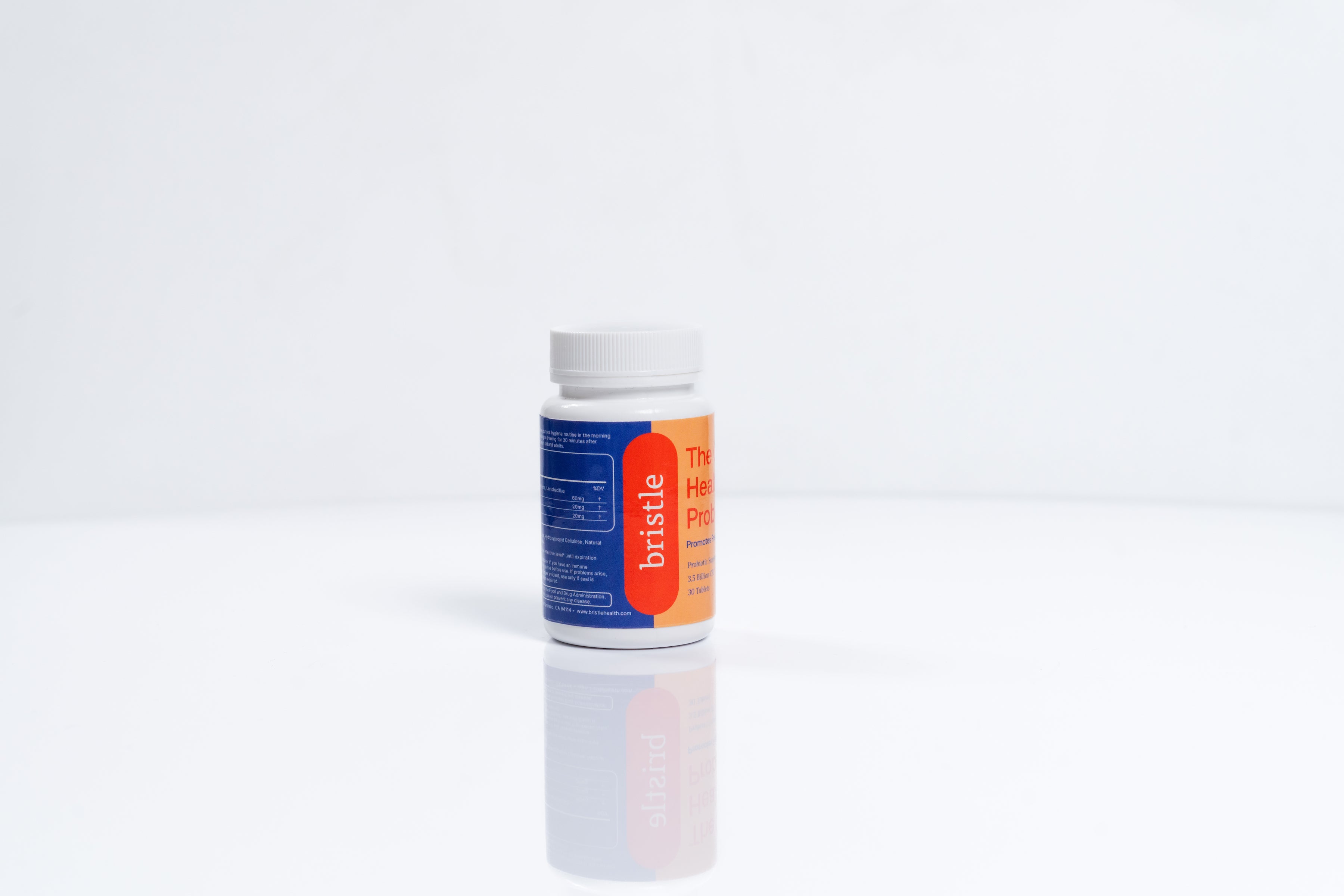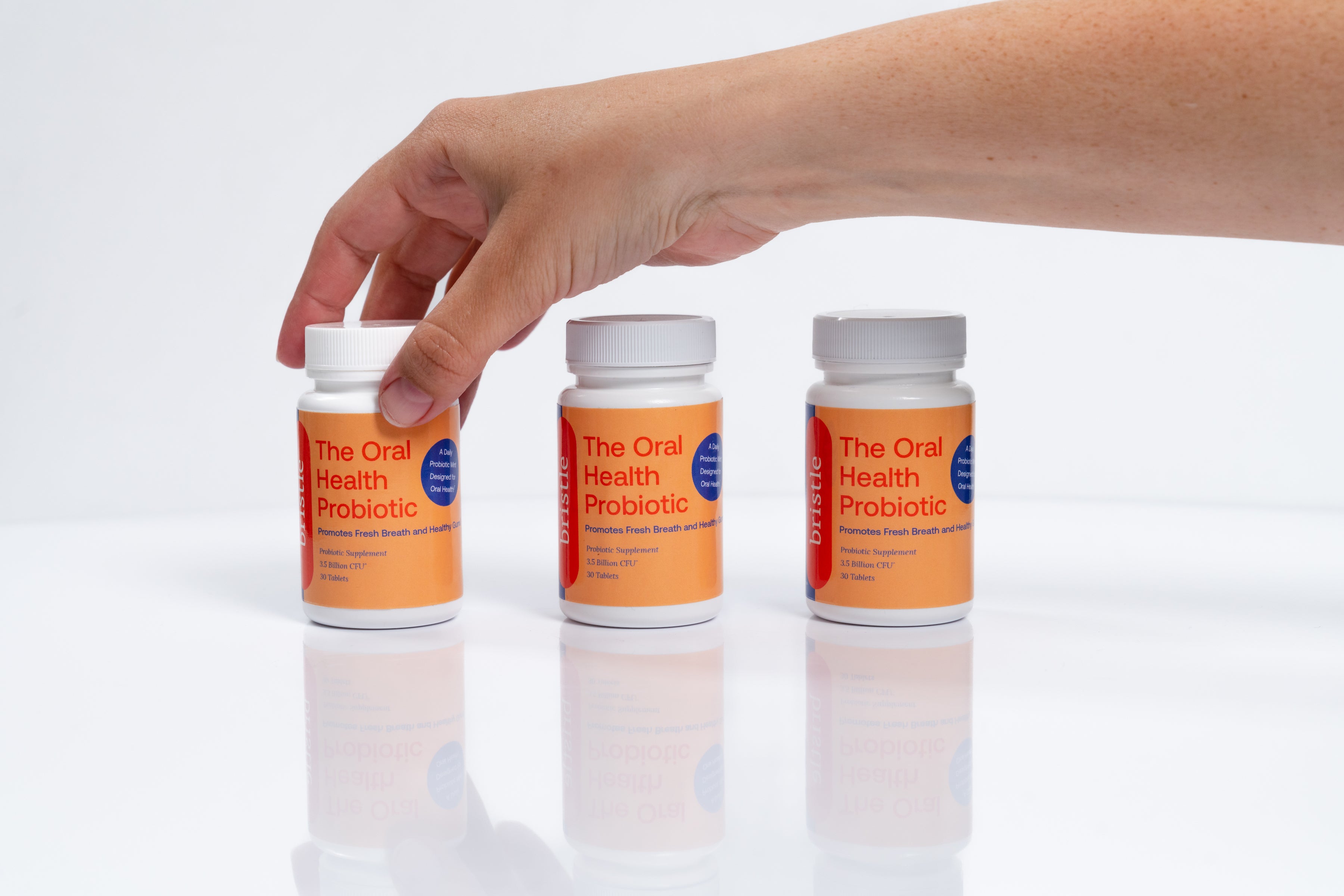You may have found out that most illnesses with a bacterial, viral, or fungal origin are contagious. You might not be surprised to also learn that dental diseases, such as gum disease and cavities, are also considered contagious! This is because cavities are caused by bacteria in your mouth that create acid, and erode enamel. Cavities themselves are not contagious, but the bacteria that cause cavities are contagious! Similarly, the bacteria that cause gum disease are also contagious! In this article we’ll focus on the bacteria that cause cavities. To further explain, we will have to dive into what is a cavity, how are they caused, and what you can do to prevent them.
What is a cavity?
A cavity is tooth decay, an area of the tooth where acid has damaged the surface of the tooth to create a literal hole, also known as dental caries, or cavities. Cavities come in many forms. Early cavities are called incipient caries, where the damage to the enamel is minor, and can still be repaired through the normal process of remineralization. Cells in your teeth bind to various forms of calcium ions, and regenerate the enamel at the surface of the tooth.
If an incipient cavity is left to grow, decay can continue to damage the dentin, and pulp. Each of these causes irreparable damage that requires a filling, and in some cases a root canal to fix. These later stage cavities can be extremely painful and do not resolve on their own. In these deep cavities, bacteria can invade the pulp and cause an infection.
What causes cavities?
Cavities are caused by specific harmful bacteria that can live in dental plaque. Notably, not all dental plaque is bad! Not all dental plaque causes cavities, only the plaque that harbors bacteria that create acid and survive these acidic environments, such as Streptococcus mutans and Streptococcus sobrinus.
Cavity-causing bacteria like S mutans and S sobrinus can rapidly ferment simple sugars in your saliva, and on your teeth. Fermentation leads to the production of acid as a byproduct. This acid reduces the pH at the surface of teeth, and results in erosion and demineralization of enamel. Importantly, both S mutans and S sobrinus are highly adept at surviving environments of low pH, unlike most bacteria in the mouth (1). This allows them to kill the other bacteria in your mouth, and grow more rapidly with no other bacteria to prevent their outgrowth.
Research also shows that later stage cavities, such as those with dentin or pulp decay, harbor different bacteria that thrive in an an already acidic environment, and further drive decay. Many of these bacteria are Lactobacillus species, which are known for their ability to ferment sugar and survive in the presence of acid (2).
Bacteria that cause cavities can be spread from person to person
Studies have now shown that Streptococcus mutans and Streptococcus sobrinus can both spread from person to person. Each of these caries-producing oral bacteria are known to colonize teeth and cause tooth decay.
Their abundance is directly related to the risk of cavities. Studies show that high levels of S mutans is associated with increased levels of tooth decay, especially in children. S mutans is transferred directly from parent to child, especially from parents who have existing tooth decay.
One study showed that S mutans was transferred from one student to another in the same classroom (3). Researchers hypothesized that S mutans was transmitted via saliva, and could be transferred both through direct contact (kissing) and through indirect droplets (droplets and spit). Scientists used advanced genomics techniques to show that the same strain of S mutans was readily transmitted not only in a classroom, but also among family members!
In a very large study of 287 people with data about social interactions, data show that the oral bacteria, also known as the oral microbiome, are similar between spouses, and oral bacteria are transmitted between members of a social community. In other words, the bacteria in the oral microbiome are contagious.
Bacteria that cause cavities can spread from mother to child
Many studies have now shown that children who are born to mothers with existing dental cavities and tooth decay are at higher risk of developing cavities themselves. A few studies have pointed to genetic causes of weak enamel. However, the vast majority of studies have demonstrated with strong evidence that their children are at higher risk of cavities because of the transmission of cavities-causing bacteria like S mutans. By contrast, mothers without S. mutans and with healthy teeth were unlikely to spread S. mutans to their children.
Additionally, children who are born by caesarean section have even higher risk of acquiring S mutans, potentially because the oral microbiome develops more slowly in babies born by c-section, which allows pathogenic bacteria to invade and colonize.
So what can i do to decrease my risk of cavities and spreading cavities-causing bacteria?
Maintain a healthy oral microbiome. While transmission of S mutans can be unpredictable because you don’t always know the status of people you are exposed to (similar to covid or any other disease), you can keep yourself protected from potential transmission by maintaining a healthy oral microbiome. People with stable oral health are less likely to be colonized by external pathogens than unhealthy people.
Maintain a healthy diet and reduce intake of sugary foods. Simple sugars feed cavities causing microbes. Without simple sugars, these bacteria are unlikely to multiple and cause disease. Additionally, without these simple sugars, acidic byproducts do not accumulate because fermentation does not occur.
Improve your oral hygiene habits. Brushing and flossing are proven methods to reduce abundance of bacteria that cause cavities
Test your oral microbiome. You can learn the levels of cavities-causing bacteria in your mouth, and the people around you by getting yourself, and your partner an oral microbiome test.
Chew xylitol gum. Xylitol can reduce accumulation of acid by preventing fermentation of sugar.
Eat more arginine-containing foods, or arginine chews such as BasicBites. Arginine bicarbonate can increase the pH at the surface of your teeth, and prevent acidic erosion of enamel.

